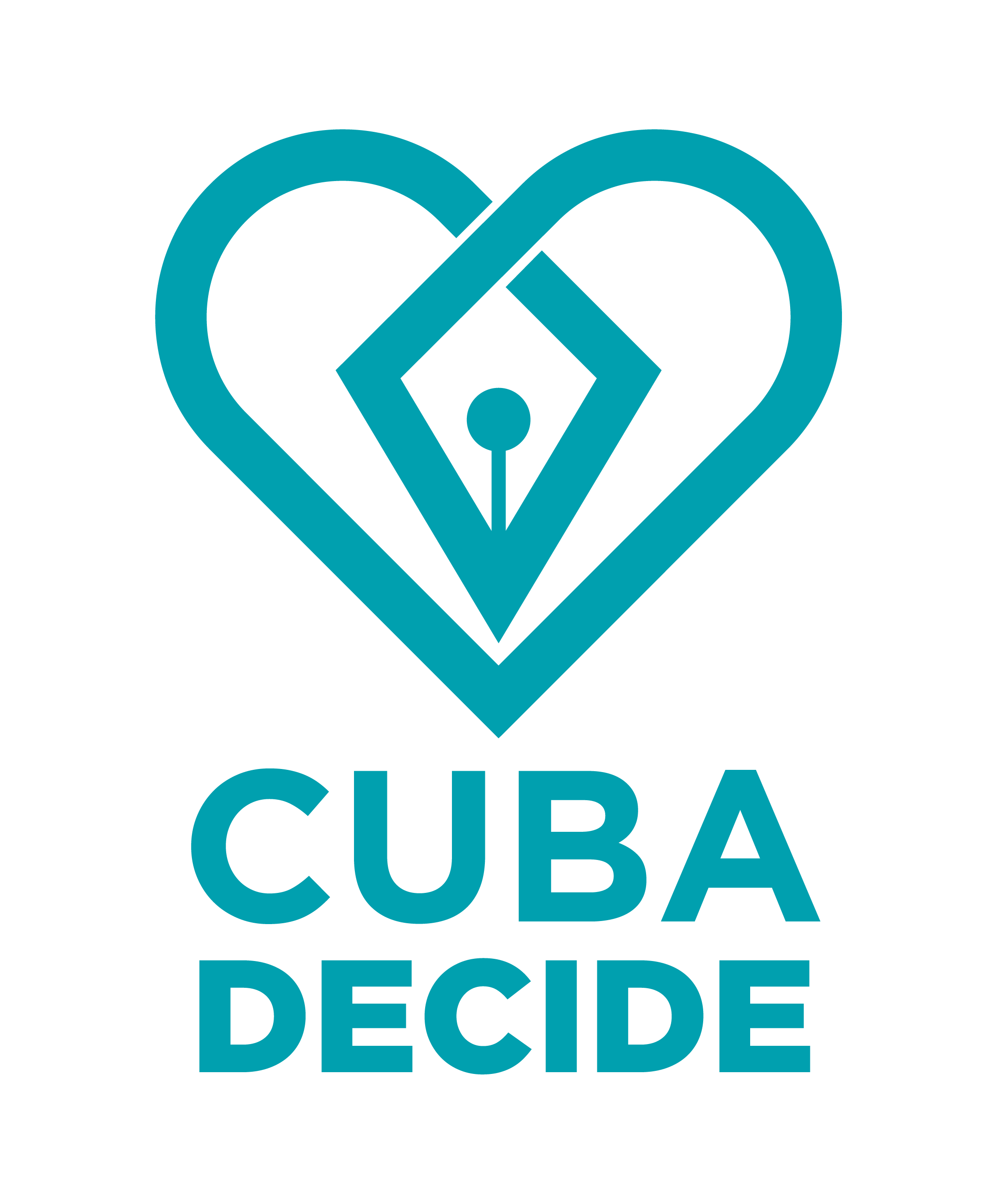Esta web utiliza cookies para que podamos ofrecerte la mejor experiencia de usuario posible. La información de las cookies se almacena en tu navegador y realiza funciones tales como reconocerte cuando vuelves a nuestra web o ayudar a nuestro equipo a comprender qué secciones de la web encuentras más interesantes y útiles.
Cubans in Miami honor Payá’s memory six years after his death
Cubanos en Miami honran memoria de Payá a seis años de su muerte
21 enero, 2019Presentan en Miami código para «educar» a cubanos ante reforma constitucional
21 enero, 2019The ceremony took place at the Ermita de la Caridad, with the presence of Ofelia Acevedo and Rosa María Payá, widow and daughter of the late Oswaldo Payá, who died along with Harold Cepero on July 22, 2012 in eastern Cuba
MIAMI.- In a warm religious ceremony officiated at the National Shrine of the Hermitage of Charity this Sunday commemorated the six years of the death of the Cuban opposition Oswaldo Paya, and his partner in the Christian Liberation Movement (MCL), Harold Cepero.
The Catholic temple, considered «a piece of Cuba in Miami», was crowded by hundreds of people, among whom Ofelia Acevedo and Rosa Maria Payá, wife and daughter respectively respectively of the contradictor of the regime of the Caribbean island.
According to the Cuban regime, Payá and Cepero died as a result of a car accident in eastern Cuba on July 22, 2012. However, both his widow and daughter claim that it was a murder orchestrated by State Security of Cuba, when one of its cars rammed the Hyundai of tourism that the young Spanish politician Ángel Carromero was driving.
A Human Rights Foundation report said that Paya and Cepero died «in circumstances whose clarification has been actively prevented by the Cuban state, and highlights that the authorities of the regime» through numerous violations of the basic rules of due process that are aimed at towards the search for truth about facts in controversy, they have deliberately prevented this clarification. »
Subsequently, the investigation revealed that «the evidence deliberately excluded points to the fact that the events that occurred were not an accident, as was quickly described by the authorities in the state media (…) but the result of an automobile incident deliberately provoked by agents of the State with the intention of assassinating Oswaldo Payá and passengers traveling with him. »
In statements to DIARIO LAS AMÉRICAS, Ofelia Payá reiterated that «the truths of the regime are a big lie», and emphasized that «I do not feel satisfied with the supposed truths that the regime has said; the accident was a lie, it did not exist, and the other two people who were in the car do not remember having hit a tree, so Oswaldo and Harold were killed by the regime. »
6 years ago the Castro murdered my father, along with him, also to #HaroldCepero
Today we meet to honor their lives and thank the time they were with us
Today their assassins already know that there will be no impunity and that they failed because they could not kill their legacy#Libertad pic.twitter.com/n6Z856Wcp3— Rosa María Payá A. (@RosaMariaPaya) July 22, 2018
Meanwhile, Rosa María Payá stressed that her father’s legacy is still alive when a constitutional reform is under way in Cuba that, in her opinion, is a «theater» and a «trap».
«The words of my father are especially relevant today, as they denounce the attempt of the Castro family and the group of dictatorship generals to perpetuate their power through what my father calls ‘fraud change’, which is exactly what they seek with this theater of constitutional reform, «Payá told EFE news agency.
Father Delvis Mederos, one of the three clergymen who concelebrated the mass, appeared before the parishioners as ex-partner of Cepero in the seminary San Carlos and San Ambrosio, in Havana, where the dissident studied five years of theology, and then He retired from the priestly life to dedicate himself to the struggle through politics.
The religious, who is attached to the Diocese of Santa Clara, in Cuba, and has been in Miami for a month, recalled Cepero as «a good man, simple, of the people, with an enormous sensitivity, who had capacities for the social work, but I had no vocation to be a priest «. In addition, he described him as «a great patriot.»
For his part, the priest Carlos Céspedes, another of the officiants of the Catholic rite, extolled the virtues of Payá and Cepero, and told the audience how he personally managed to defeat the Cuban dictatorship to become a cleric despite the many times he fell prison in his native Cuba.
Who was Oswaldo Payá?
Oswaldo Payá was born in Havana on February 29, 1952, and was the fifth of seven children of the merchant Alejandro Payá and his wife, Iraida Sardiñas, descendants of Spanish emigrants.
According to Radio and Television Martí, Payá joined the political life from the early years of his youth, inspired by the evangelical message and the teachings of the Catholic Social Doctrine, which he learned in the ranks of the lay apostolate and in his parish Salvador del Mundo, in the Havana municipality of El Cerro.
Later, in 1988 he founded the Christian Liberation Movement, together with a group of young Christians, after a process of political maturation that had been forged in the light of his religious commitment and political principles.
From that moment he was arrested by the Political Police on several occasions, without ever being prosecuted before the courts.
In 1999, he participated in the drafting of the Todos Unidos manifesto and was appointed coordinator of its Rapporteurship Committee. Then he created the Citizen Management Committee of the Varela Project, in 2001, and on March 10, 2002 he presented more than 11 thousand signatures in support of the plebiscite on that bill before the National Assembly of the People’s Power of Cuba.
That same year he received the Sakharov Prize awarded by the European Parliament and receives authorization from the Cuban authorities to travel to Strasbourg, where he took the opportunity to visit the exiled communities of Spain, the United States and Puerto Rico. It was his last outing.
Source: Diario Las Americas

